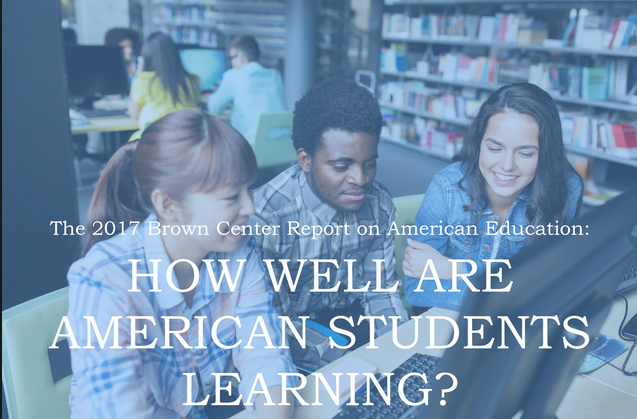The authors point to slow growth, the decline in productivity of the economy as a whole and the unusually slow rate of formation of new firms as signs that the kind of dynamism that has characterized the United States since its founding is ebbing, and they point to increasing regulation and the rising cost of social benefits provided by government as the culprits.
I beg to differ. As the authors point out, the U.S. accounts for less than five percent of the world’s population, but almost a quarter of the world’s gross domestic product. That must mean that we are among the most productive people on earth…by definition. How do we manage that? Well, as the authors point out, we are home to 15 of the world’s top 20 universities, according to the QS World University Rankings, which gives us an edge in the kind of research that is driving innovation in many industries as never before. But research is hard to bottle. Once it has been published, firms all over the world have access to it.
That is not true, however, of a nation’s people. In the world we live in today, the skills of a nation’s workforce can make or break that country’s economy.




